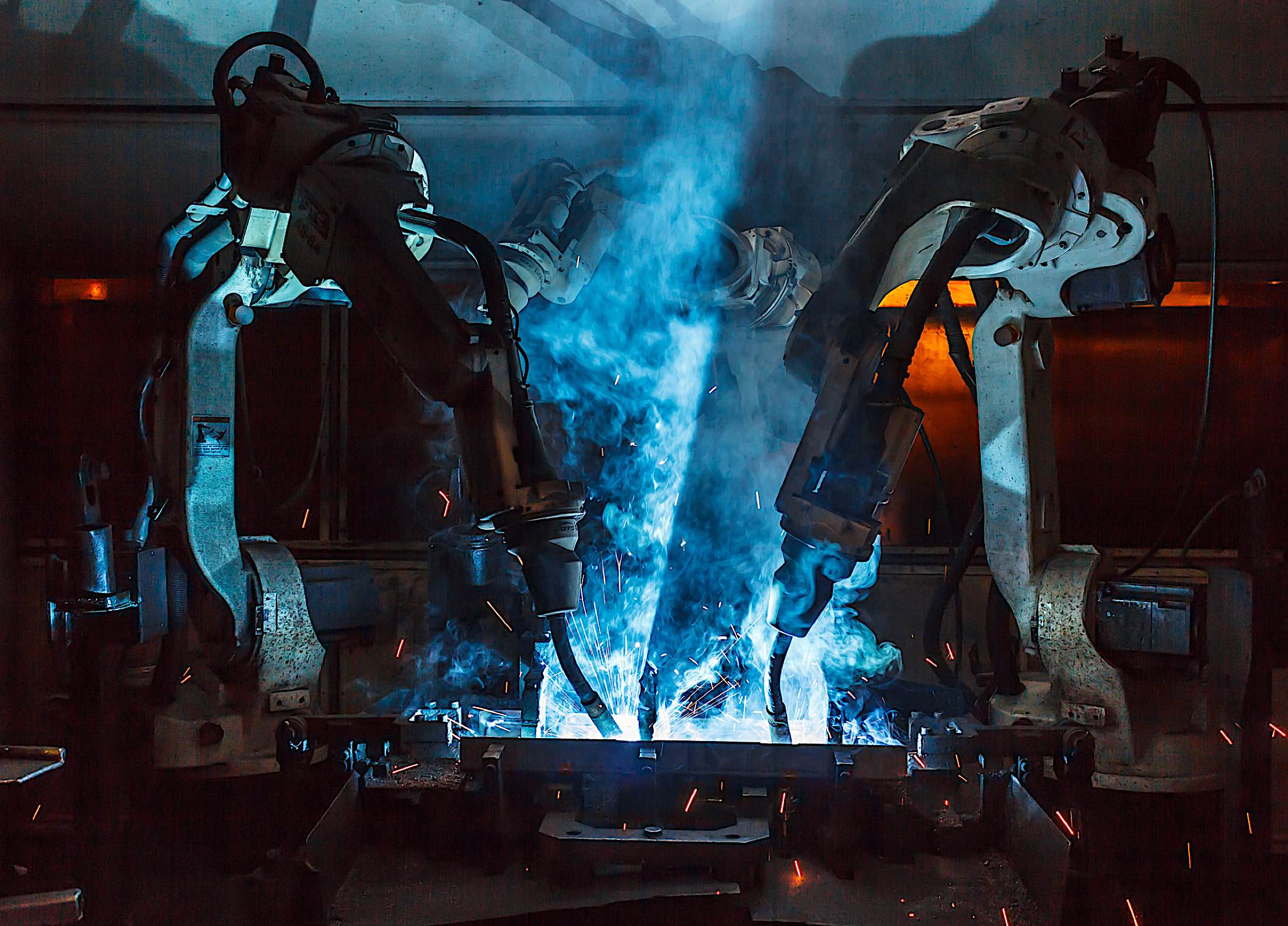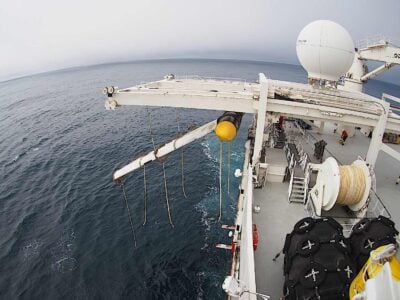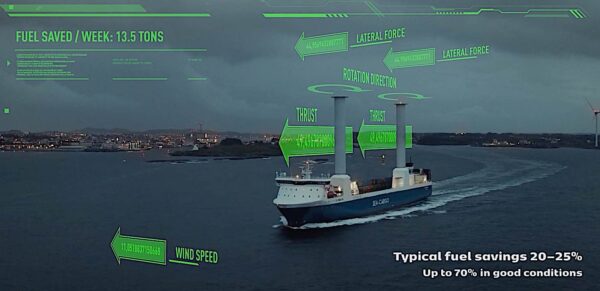Although auto-makers have made it clear to the U.S. administration that any auto tariffs will adversely impact supply chains between Canada and the U.S., the threat remains despite a temporary hold on the plan. General Motors and Toyota Motor Corp, especially, would be strongly impacted by any tariffs. President Donald Trump convened with trade advisers over the issue, particularly the premise of “national security implications.” National security is the basis under which the proposed auto tariffs, and current tariffs on steel, would be implemented despite trade agreements.
Tariffs would add between US$2,270 and $6,875 to the cost of each car
Although the new U.S.-Mexico-Canada Agreement contains a side-agreement to limit tariffs on cars, it is subject to a cap. The impact of thousands of dollars in tariffs would be significant, initially in terms of auto sales, and later in terms of shifting supply chains.

The respite may be temporary, as the draft report on a Commerce Department investigation is to be revised and resubmitted. Ultimately, the President has final say, but will likely be guided by recommendations of the Commerce Department and Secretary Wilbur Ross. Ross has until February to present the report with findings from the investigation.
After the report is submitted, the President has 90 days to act, depending on whether the department concluded there was a security threat. His options are tariffs and quotas or no restrictions, in compliance with the USMCA. Currently, Europe is also exempt from auto tariff’s, pending negotiation with the U.S. The EU Trade Commissioner Cecilia Malmstrom is in Washington this week with plans to meet U.S. Trade Representative Robert Lightizer.
At the Commerce Department review meeting was Commerce Secretary Ross, Trade Representative Robert Lighthizer, National Economic Council Director Larry Kudlow, Treasury Secretary Mnuchin and Advisor Jared Kushner.































